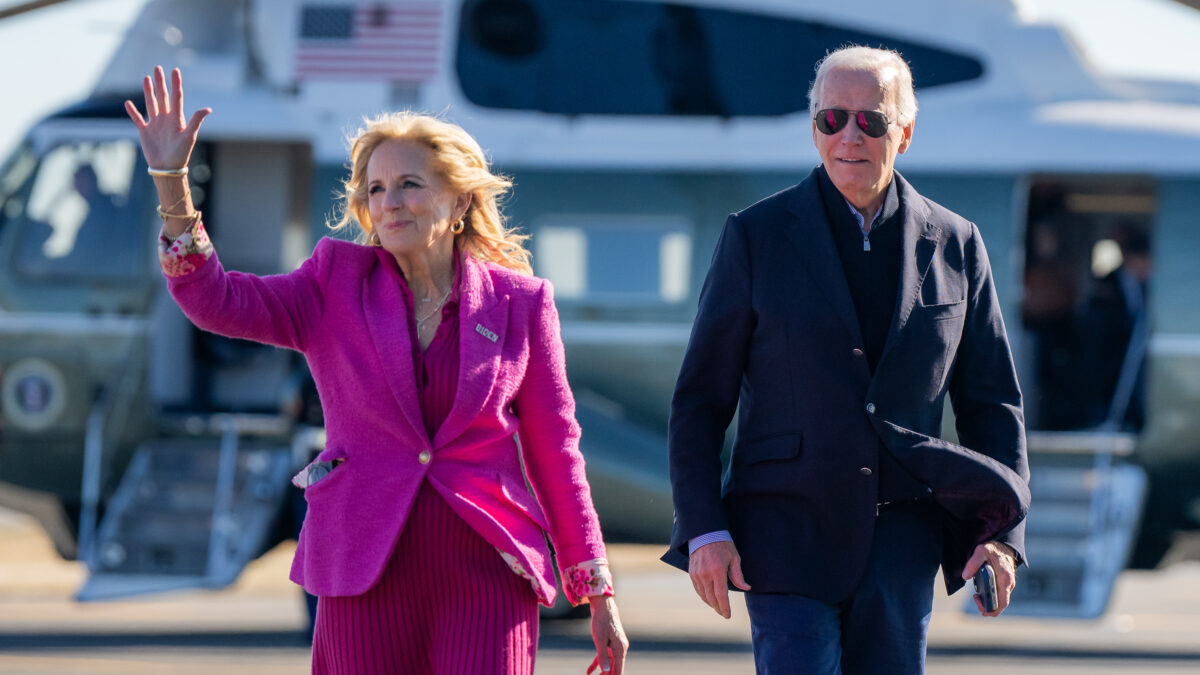The Supreme Court upheld the latest iteration of President Trump’s travel ban in a 5-4 ruling Tuesday, delivering a big win to the administration on a key campaign promise.
The proclamation temporarily suspends immigration from seven predominantly Muslim countries with deficient vetting procedures or significant ties to terrorism. The state of Hawaii, which brought the case, claimed the ban unlawfully discriminates against Muslims, but the court found Trump was well within his rights granted by the Immigration and Nationality Act, which gives the president broad powers to suspend entry from countries deemed a threat.
“By its terms, [the law] exudes deference to the President in every clause,” Chief Justice John Roberts wrote in the opinion. “It entrusts to the President the decisions whether and when to suspend entry, whose entry to suspend, for how long, and on what conditions.”
Roberts was joined in that opinion by justices Anthony Kennedy, Clarence Thomas, Neil Gorsuch, and Samuel Alito. The four liberals on the court — justices Ruth Bader Ginsburg, Stephen Breyer, Elena Kagan, and Sonia Sotomayor — cast the dissenting votes.
Trump tweeted his response in all caps following the ruling, “SUPREME COURT UPHOLDS TRUMP TRAVEL BAN. Wow!”
https://twitter.com/realDonaldTrump/status/1011620271327989760
The first hastily drafted version of the ban, issued shortly after Trump took office, was blocked by the courts. A second version also hit legal snags before it expired. This third ban was issued as a proclamation in September.
The current ban restricts travel from the countries of Iran, Libya, Syria, Yemen, Somalia, Venezuela, North Korea and Chad, on the grounds that immigration officials could not properly vet people coming from those countries. After a review period, the administration determined Chad had satisfactorily improved its system, and removed it from the list.








